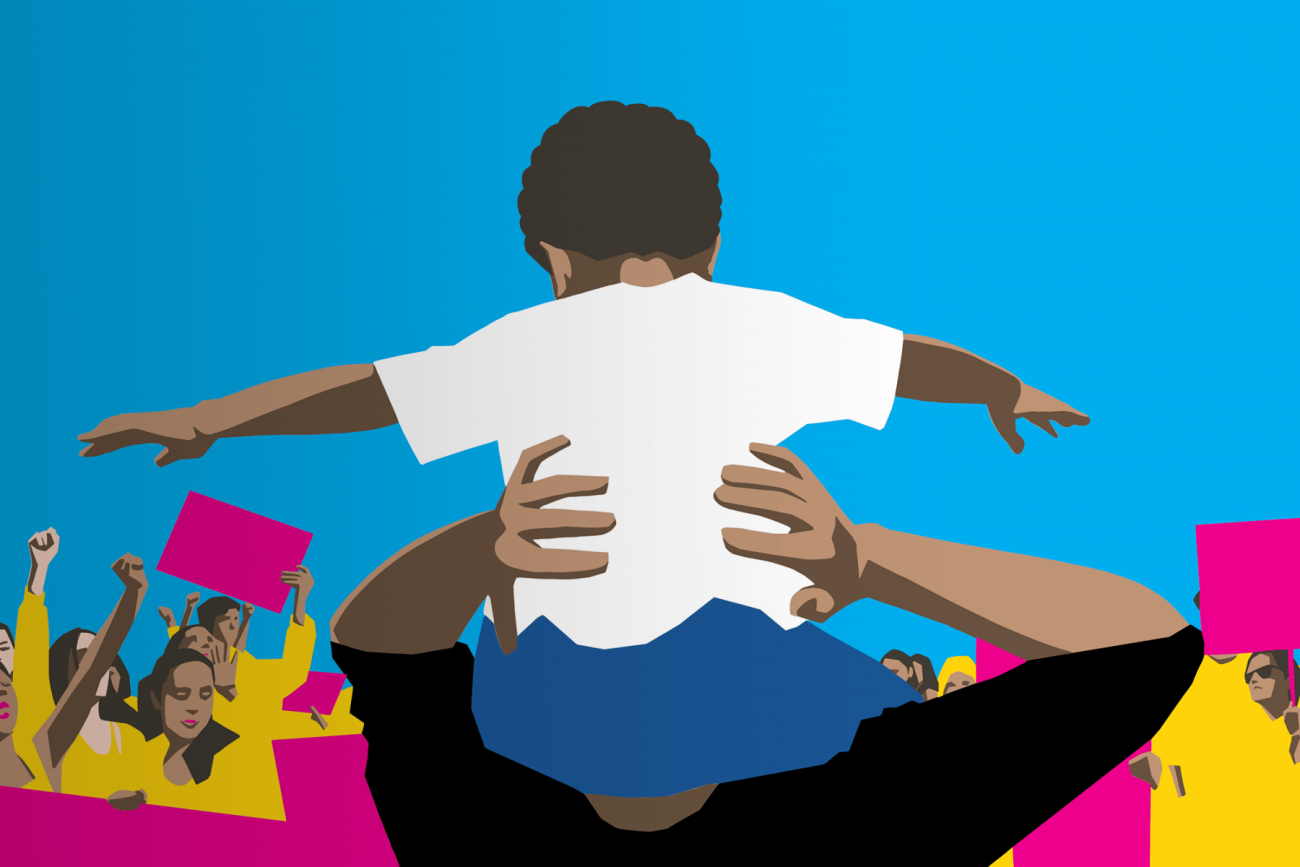The day was first celebrated on March 1, 2014, launched by UNAIDS to spotlight and to combat discrimination against people living with HIV/AIDS. More broadly, Zero Discrimination Day aims to promote equality before the law and in practice throughout all of the member countries of the UN.
Despite this solemn commitment of the world’s nations to protect everyone’s rights, we still face the issue of discrimination. It occurs every day based on a wide range of biases, prejudices and stereotypes, and is reflected in our decisions or behaviour, and form petty but harmful attitudes and practices.
On Zero Discrimination Day this year, the UN System, through UNAIDS is highlighting the urgent need to take action to end the inequalities surrounding income, sex, age, health status, occupation, disability, sexual orientation, drug use, gender identity, race, class, ethnicity and religion that continue to persist around the world.
None of the social groups is safe from infringement of rights; everyone can become a victim of discrimination: ageism, sexism, racism. According to UNAIDS, inequality is growing for more than 70% of the global population, exacerbating the risk of division and hampering economic and social development. Confronting inequalities and ending discrimination is critical to ending AIDS. The world is off track from delivering on the shared commitment to end AIDS by 2030 not because of a lack of knowledge, capability or means to beat AIDS, but because of structural inequalities that obstruct proven solutions in HIV prevention and treatment. For example, recent research shows that gay men and other men who have sex with men are twice as likely to acquire HIV if they live in a country with punitive approaches to sexual orientation than if they live in a country with supportive legislation.
Discrimination is the opposite of inclusion. The Sustainable Development Goals agenda is based on the principle of “Leaving No One Behind” and respecting all people, their choices and their rights. Realizing the vision of a modern and prosperous Belarus requires the “Leaving no one behind” mindset. Prioritizing the needs of those who are marginalized, have less voice and participate less in decision making is more important than ever.
Last week the Human Rights Council hosted a High Level Panel Discussion on human rights mainstreaming focused on inequalities exposed dramatically in the course of last twelve months. The COVID-19 pandemic has deepened the legal, cultural, economic, political, and social exclusion around the world. It also has shown the interconnectedness of our human family. It has taken a disproportionate toll on women, minorities, persons with disabilities, older persons, refugees, migrants, and indigenous peoples. Progress on gender equality has been set back years. Emerging data shows increase of all forms of violence and in particular gender-based violence. The pandemic has also undermined the right to education and opportunities for children and young people.
The failure to ensure equality in vaccination efforts is the new moral outcry. It’s staggering to know that, as we speak, 75% of all COVID-19 vaccines have been delivered to patients by only ten nations. Citizens of 130 nations, meanwhile, have not received a single dose. Equity of vaccination reiterates equal rights. Nationalism in vaccination rejects it. Vaccines must be a global, available, and affordable public good for everyone, said panellists of the discussion.
Often in this digital age, discrimination starts with language. On 22 October 2019, United Nations in Belarus organised a round table “Confronting Hate Speech: International and National Experience, Problems, and Way Forward” during which we discussed how it is an imperative for all of us to be sensitive and tactful about how we characterize other people in our speech and how media and justice system can help address this problem.
Addressing hate speech does not require limiting freedom of expression or freedom of speech. It requires a sophisticated approach – recognising and spotting hate speech and providing legal tools for its victims to claim their rights in the court of law.
We must work together to end hateful propaganda, cyberbullying, and fake news which create an imaginary enemy. Escalating hate speech can incite the worst of human instincts and crimes. It can lead to more division, exclusion, discrimination and eventually to hostility and violence. History teaches us too many lessons of this kind for us not to see and not to react to this kind of abuse.
The human rights-based approach to development, promoted by the UN Secretary-General in his Call to Action on Human Rights offers a vision of sustainable development for all societies, embracing our diversity, freedom, everyone’s potential to play constructive part in creating a more harmonious and prosperous world.
Today, as we mark the Zero Discrimination Day, let us think about our own biases. Let us also act on the responsibility to create an equal and inclusive world, without discrimination, for the future we want for all of us.









